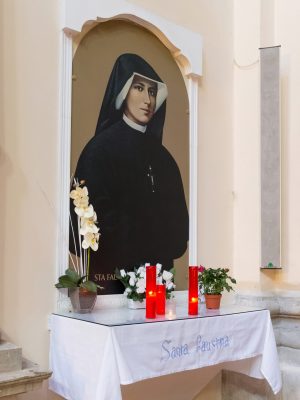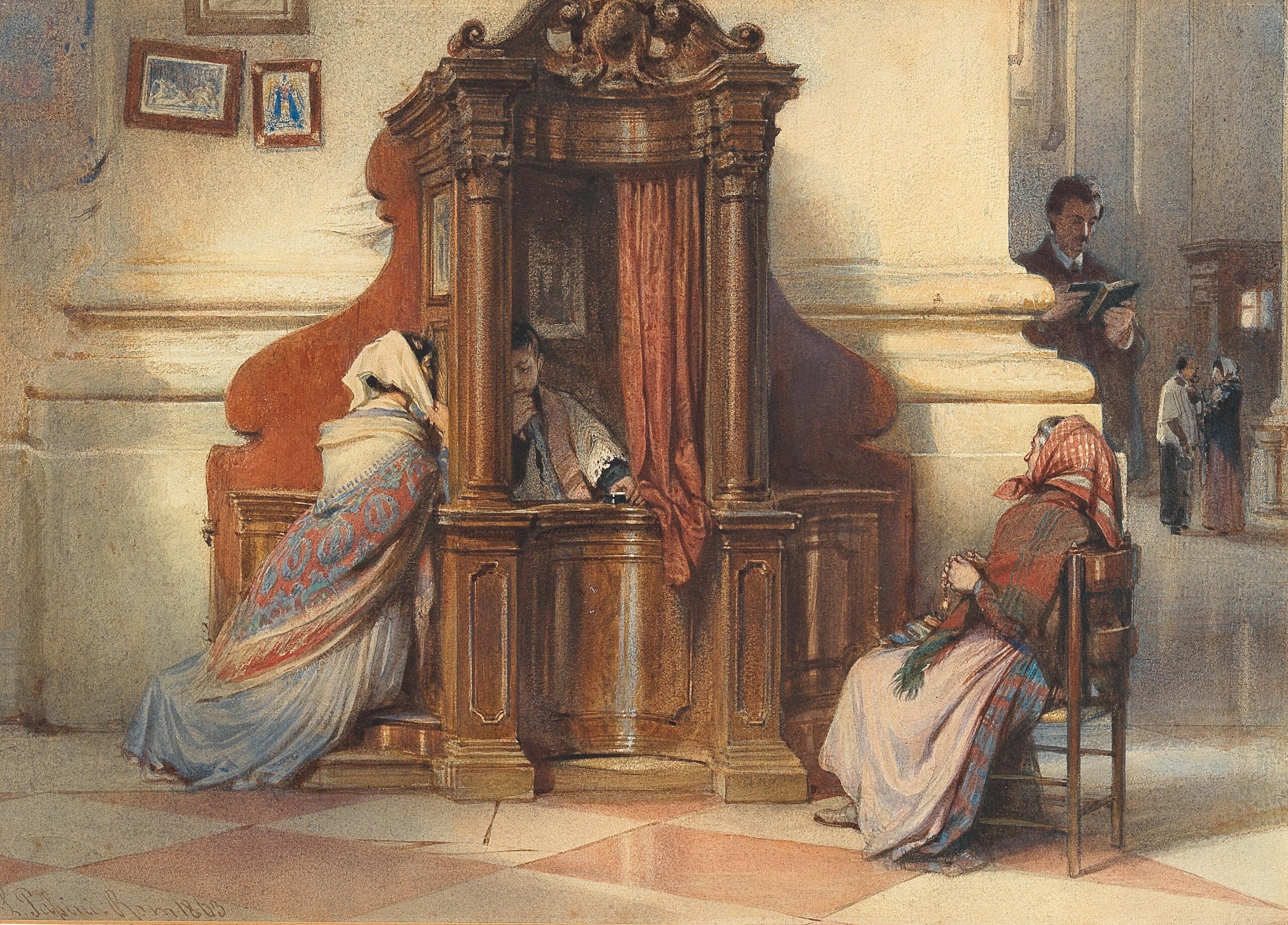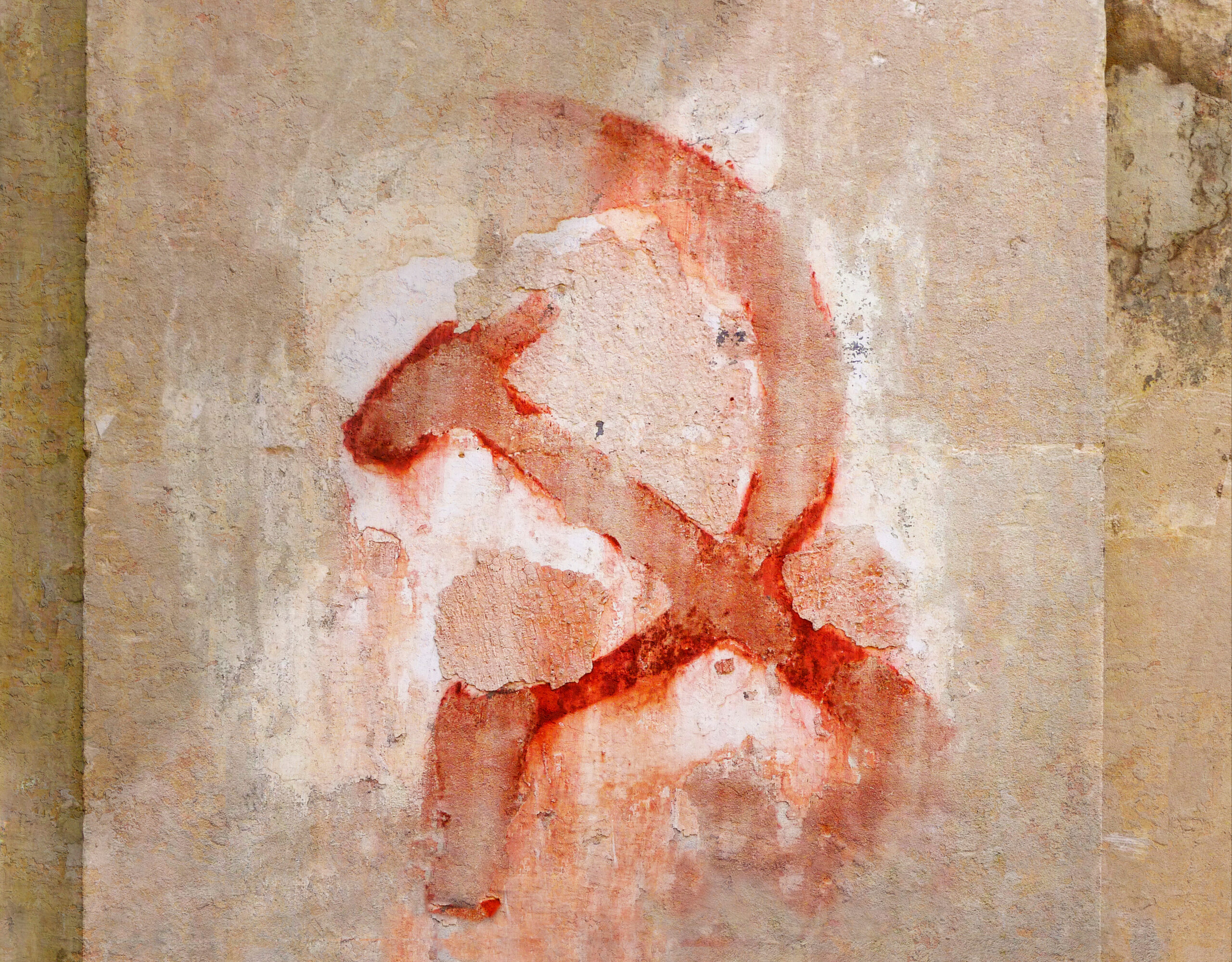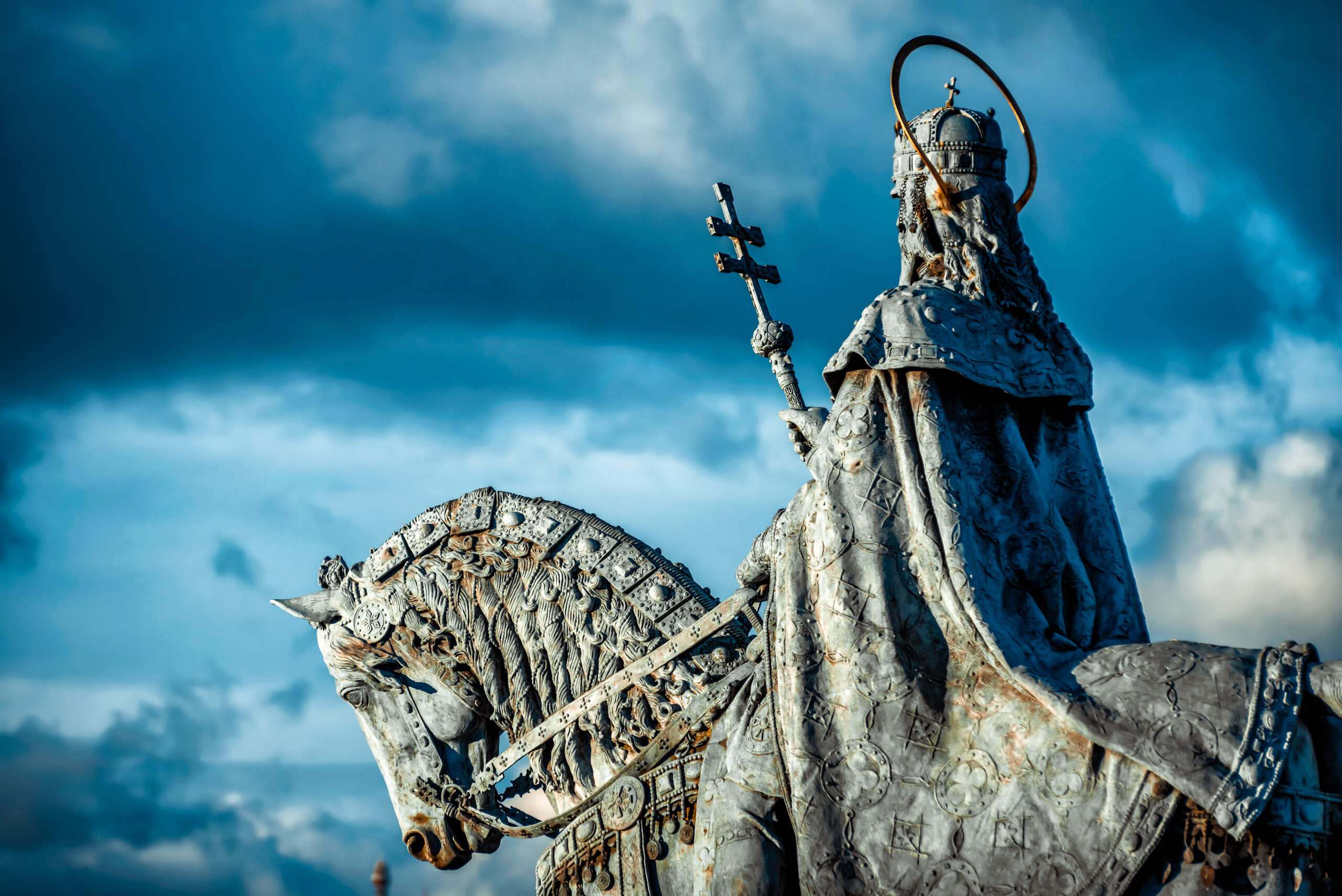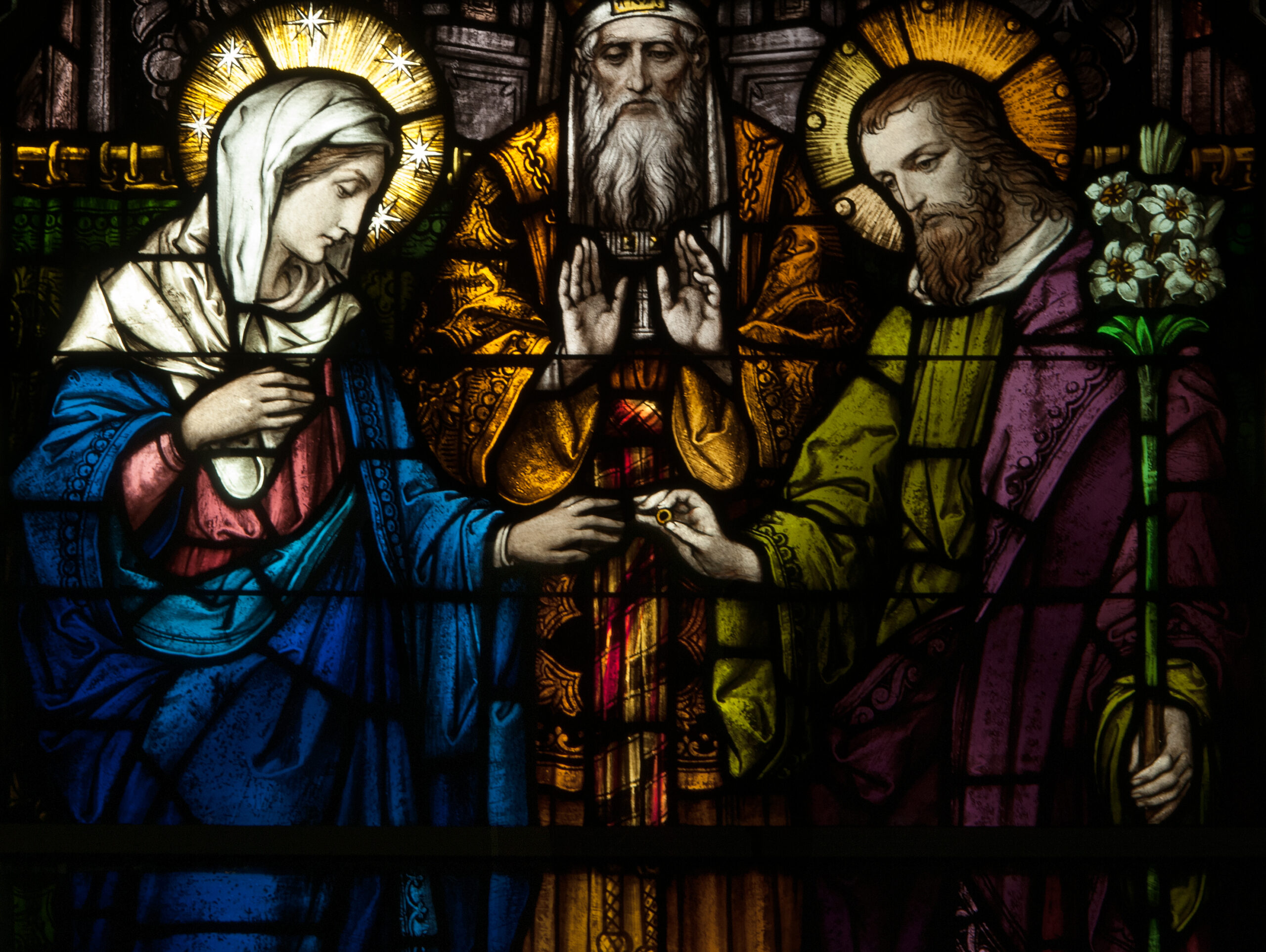This Sunday, April 24, 2022, is Divine Mercy Sunday, given to us by Saint Faustina Kowalska, by the pope who canonized her, and by their Lord Jesus.
In a personal moment of divine inspiration or plain dumb luck (more likely in my case), I grabbed her famous Diary to check if she had any revelations or messages of note dated April 24. I discovered two passages, a brief one in April 1936 and a longer and more meaningful one in April 1938, which I think is worthy of sharing here.
Her April 24, 1938, message was the final April 24 message that Faustina would experience in this world, going on to be with her Lord six months later, in October 1938. Interestingly, it was a Sunday, the Lord’s Day, just like this April 24, 2022. Moreover, it was likewise the first Sunday after Easter Sunday—fittingly, the day that was to be declared the Feast Day of Divine Mercy.
What Faustina recorded in her diary that day seems especially appropriate given her message of mercy for the world. The revelations she received that April 24, 1938, beautifully encapsulate the fullness of what she was chosen to share. Here is what she wrote:
1678: On Sunday [April 24, 1938], the sister who had charge of the sick said to me, “Well, Sister, the priest will bring you the Lord Jesus today.” I answered, “Good,” and he brought Him. After some time, I received permission to leave my bed. So I went to Holy Mass and to spend time with the Lord, regularly.
1679: After the first examination, the doctor [Silberg] found that my condition was grave. “We suspect, Sister, that you do have the illness about which you spoke to me but Almighty God can do all things.”
When I entered my room, I steeped myself in prayer of thanksgiving for everything the Lord had been sending me throughout my whole life, surrendering myself totally to His most holy will. A deep joy and peace flooded my soul. I felt a peace so great that, if death had come at that moment, I would not have said to it, “Wait, for I still have some matters to attend to.” No, I would have welcomed it with joy, because I am ready for the meeting with the Lord, not only today, but ever since the moment when I placed my complete trust in the Divine Mercy, resigning myself totally to His most holy will, full of mercy and compassion. I know what I am of myself…
1680: Low Sunday. Today, I again offered myself to the Lord as a holocaust for sinners. My Jesus, if the end of my life is already approaching, I beg You most humbly, accept my death in union with You as a holocaust which I offer You today, while I still have full possession of my faculties and a fully conscious will, and this for a threefold purpose:
Firstly: that the work of Your mercy may spread throughout the whole world and that the Feast of The Divine Mercy may be solemnly promulgated and celebrated.
Secondly: that sinners, especially dying sinners, may have recourse to Your mercy and experience the unspeakable effects of this mercy.
Thirdly: that all the work of Your mercy may be realized according to Your wishes, and for a certain person who is in charge of this work…
Accept, most merciful Jesus, this, my inadequate sacrifice, which I offer to You today before heaven and earth. May Your Most Sacred Heart, so full of mercy, complete what is lacking in my offering, and offer it to Your Father for the conversion of sinners. I thirst after souls, O Christ.
1681: + At that moment, the light of God penetrated my being, and I felt that I was God’s exclusive property: and I experienced the greatest spiritual freedom, of which I had had no previous idea. And at the same time, I saw the glory of The Divine Mercy and an infinite multitude of souls who were praising His goodness. My soul was completely drowned in God, and I heard the words [of Jesus], You are My well-beloved daughter. The vivid presence of God continued throughout the whole day.
There is much to take from this passage. It was the only entry made in her diary that week. She would not write again until May 1.
Faustina began with the Eucharist that April 24. She had to get permission to leave her bed to attend Mass. Her condition had deteriorated that badly. Those familiar with her life know how much the Polish nun suffered. She was only 33 years old when she died. For many years prior, she suffered terribly and constantly, including with the invisible stigmata. She was often in pain, agony, and rarely felt well. Thus, for her to muster the strength to rise at this time, approaching her final months, was a sign of how much she endeavored to attend Mass.
Of course, Faustina was able to spend time with her Lord without going to Mass, via receiving the Blessed Sacrament in her bed or, in her case, via the totally unique visitations she so profoundly received. Nonetheless, going to Mass was special. It was a high point. She pulled herself there, even as her physician declared her condition “grave.” It indeed was.
Did she lament this state? Did she cry aloud, bitterly asking God why He allowed bad things to happen to good people? Did she doubt God’s existence?
Quite the contrary, Faustina fully accepted her condition with joy and thanksgiving, surrendering herself totally to God’s will. As she did, a “deep joy and peace” flooded her soul. The sense of peace was so overwhelming that she welcomed death at any moment. After all, ever since this Secretary of Mercy (as Jesus called her) had placed her complete trust in the Divine Mercy, she had been fully resigned to His most holy will.
The Polish nun welcomed death not merely for herself but as a sacrificial offering, a “holocaust” for others—a year before Hitler’s Holocaust began killing so many beloved Jewish friends and Catholics in Poland. She did so, while still in full possession of her faculties and conscious will, for a three-fold purpose: First, to spread throughout the world the idea of a Feast of Divine Mercy; second, so that sinners, especially those dying, could have recourse to that mercy; and third, so that the work of Christ’s mercy could be realized. All of this, in turn, was offered to God the Father for the conversion of sinners. And at that point, she felt the literal rays of light of the Divine Mercy image.
This was, of course, the full message of Divine Mercy in one passage, April 24, 1938. How would the message come to be brought to the world?
The world had to await a Polish pope, John Paul II, who in the Holy Year 2000 canonized Faustina Kowalska, movingly making her the first saint of the new millennium, and also instituted an annual Feast of Divine Mercy the first Sunday after Easter Sunday.
This was Saint Faustina’s Divine Mercy message of April 24, 1938. This Divine Mercy Sunday, April 24, 2022, it is our message.
Could it be timelier? Russia has brutally invaded Ukraine, Poland’s largest neighbor, with the possibility of igniting World War III. America and the entirety of the West is a cultural-moral disaster area that gets worse day by day. Family and faith are under assault. The Western culture of Christendom is smoldering if not toast. The whole world is a wreck. The Church is a mess. Yet there is hope.
If ever the world seemed in need of Divine Mercy, it is right now, this April 24, 2022.


